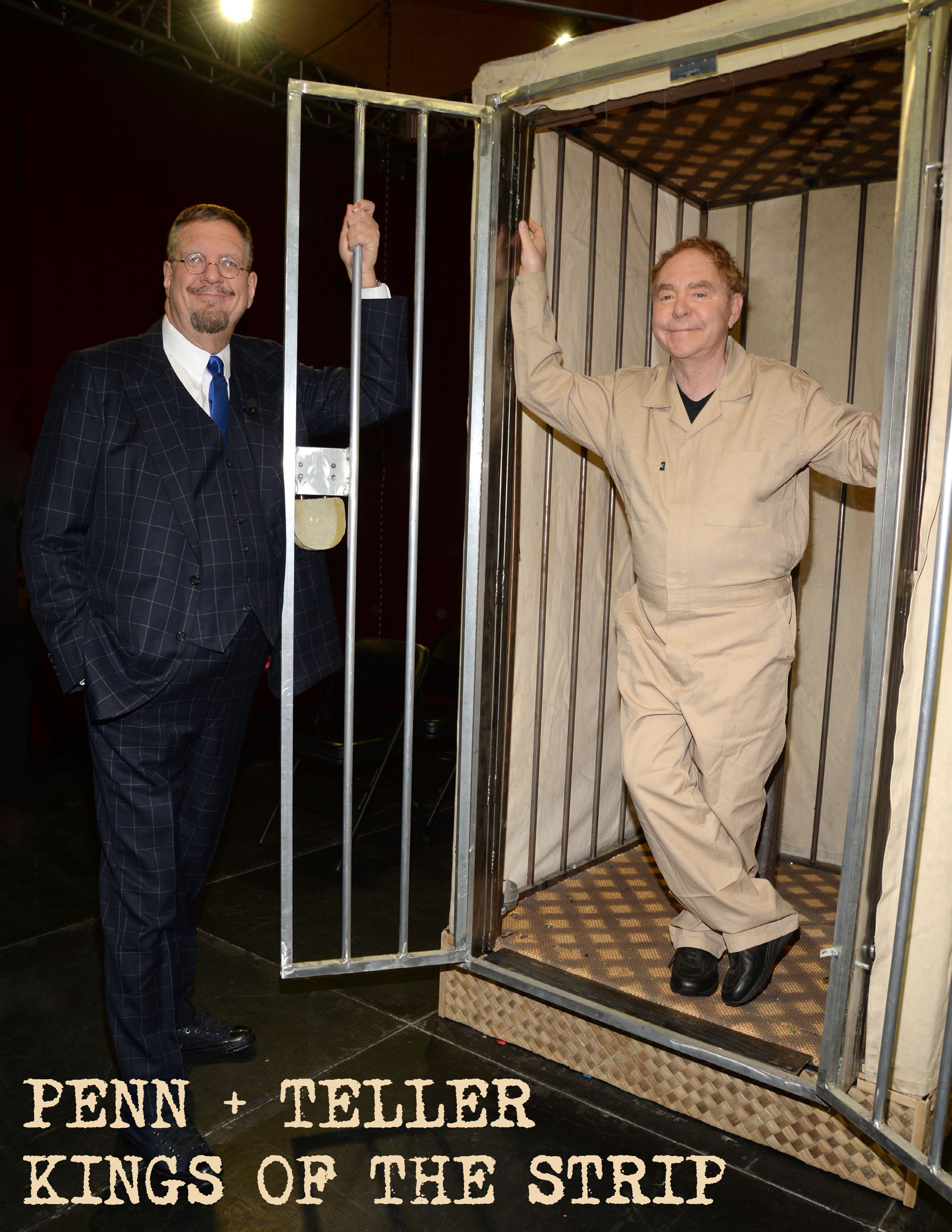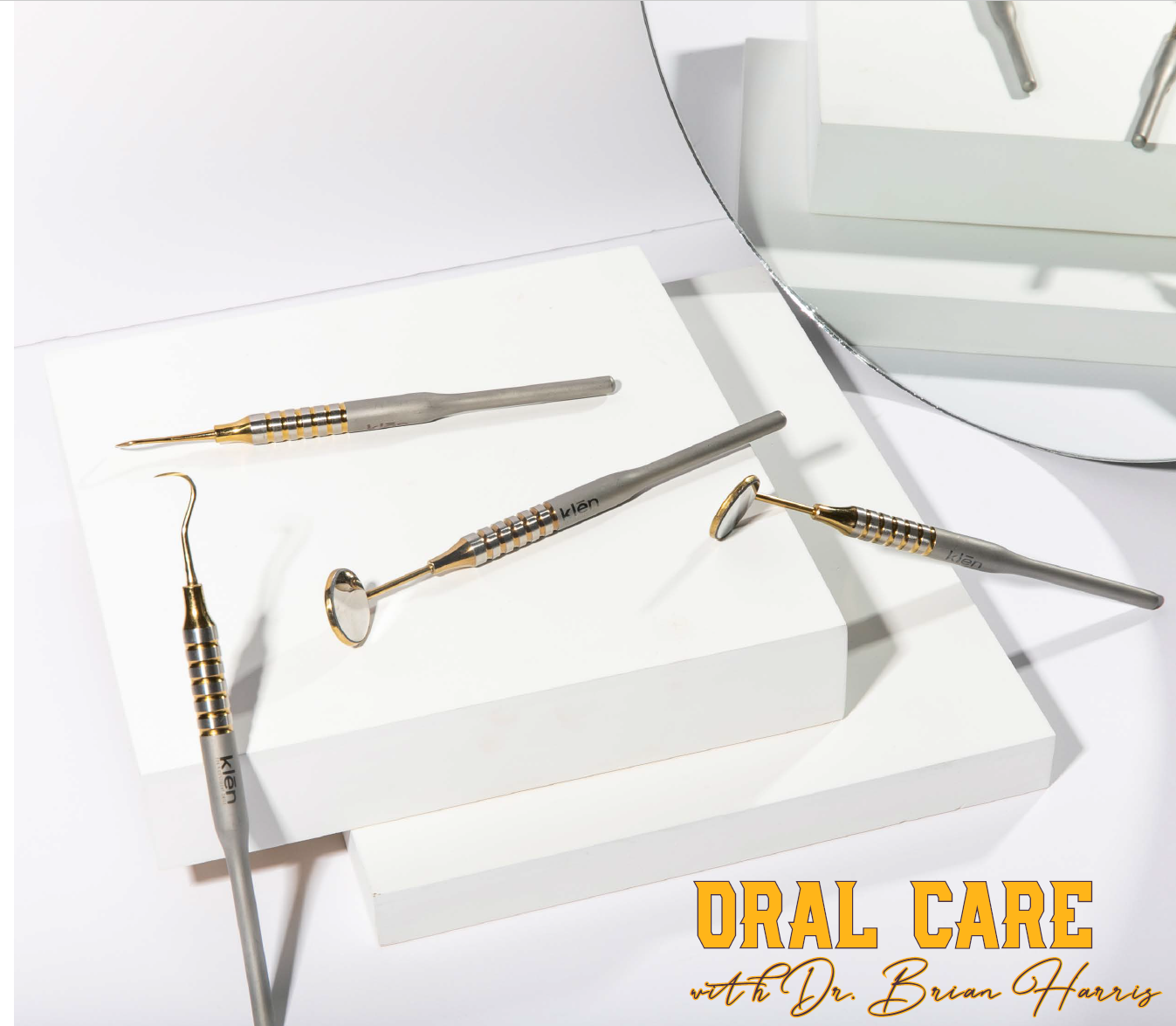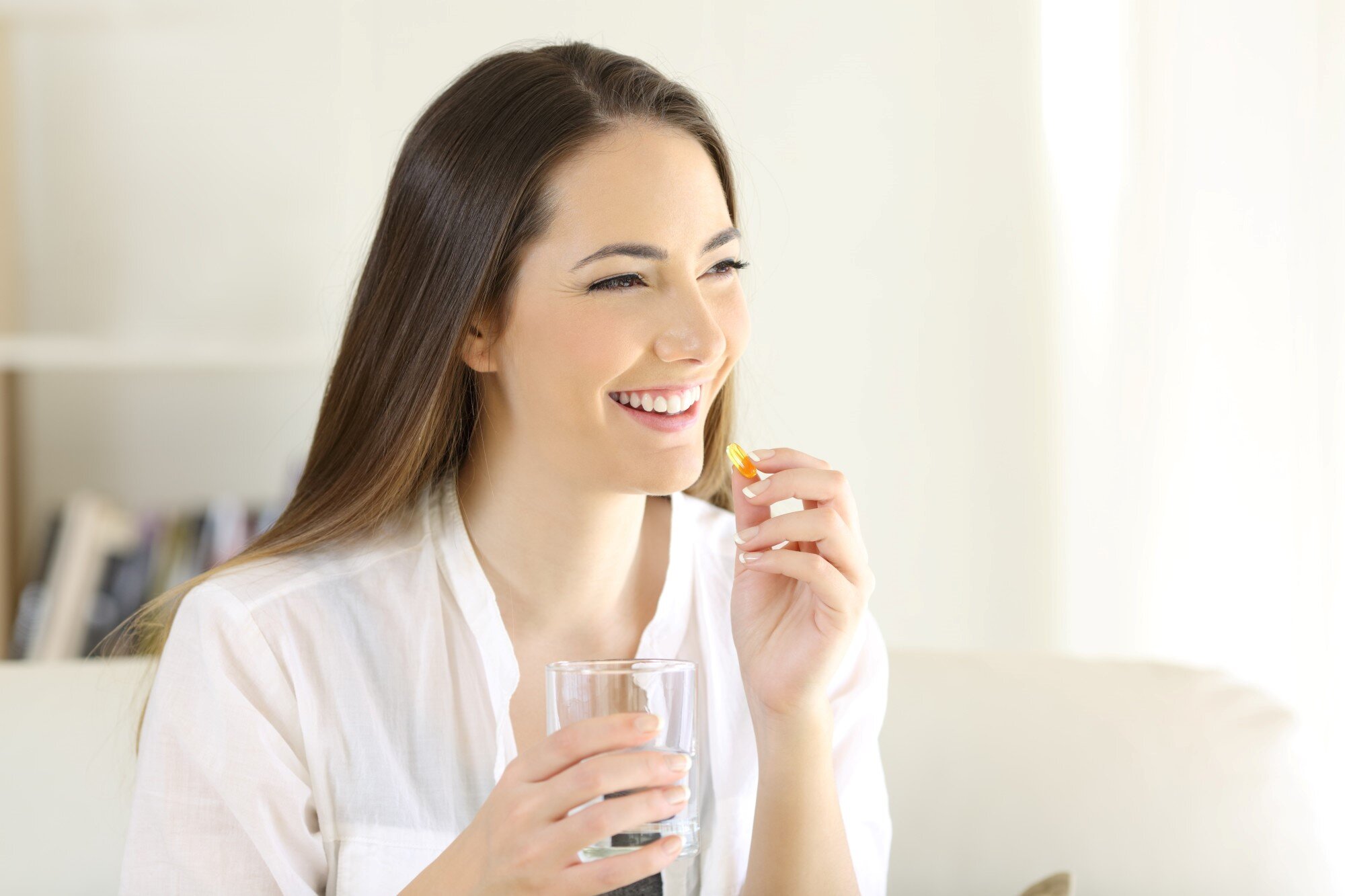The Covid-19 pandemic has deeply altered all of our lives and we feel truly blessed to have the opportunities to have high quality vaccines available in the US. We came across some truly excellent work in this area by world-renowned organ transplant surgeon, Dorry Segev, MD, PhD, particularly around the efficacy of the vaccines for organ transplant and immunocompromised patients, and reached out to find out more about his studies and findings and definitely have important information to convey to our reader community. Please take note and pass along this information to your family and friends if applicable.
Dr Segev is the Marjory K. and Thomas Pozefsjy Professor of Surgery and Epidemiology and Associate Vice Chair of Surgery at Johns Hopkins University. He is the founder and director of the Epidemiology Research Group in Organ Transplantation (ERGOT), the largest and most prolific group of its kind in the world.
People who are immunocompromised or immunosupressed should get vaccinated when possible and also continue to strictly follow Covid-19 safety measures after vaccination, including proper mask wearing, social distancing, and hand washing as the efficacy after their vaccine series may be less than people with healthy immune systems due to their condition or medicines they take. Studies are also underway focusing on these patients, especially those taking certain types of immunosupressants, who may be considering a third dose when seeing no/low antibody response after their vaccine series while working with their doctors and careful medical consideration.
We spoke with Dr. Dorry Segev about his recent groundbreaking study on Antibody Response to 2-Dose SARS-CoV-2 mRNA Vaccine Series in Solid Organ Transplant Patients, that evaluated the state of transplant and immunocompromised patients and Covid-19 vaccination in the US today; some upcoming studies he is currently working on; and some of the core fitness and wellness activities and life lessons that he focuses on in his active lifestyle.
See Dr. Segev’s groundbreaking study on Covid 19 mRNA vaccine response.
ATHLEISURE MAG: What led you to study the response efficacy of Covid-19 mRNA vaccines in transplant and immunocompromised patients?
DR. DORRY SEGEV: As a transplant surgeon, I take care of people who are on immunosuppression and who are vulnerable. We know that transplant patients were at higher risk of getting Covid-19 and higher risk of dying from Covid during the pandemic, so as soon as there was talk of the vaccine coming out I knew 2 things, 1) that transplant patients might be fearful of taking the vaccine because transplant patients and anybody with on immunosuppression were excluded from the original trials – so they did not have evidence the vaccine was safe specifically for them (eg. an organ rejection or a flare of auto immune disease) - so very early on we wanted to make sure it was safe for immunosuppressed people and we did that very early on; and 2) we also wanted to understand how much immune response immunosuppressed people were having, because to have an immune response from the vaccine you have to have a functioning immune system and we purposefully inhibit the immune system of people with transplants and autoimmune diseases and things like that by putting them on medications that specifically blunt the immune system so that they don’t get rejections and flares and manifestations of their conditions. So it’s a balance between not wanting them to have a rejection but probably we are limiting the ability of their immune system to mount a response with the vaccine. Since this was a new vaccine technology and particularly dealing with a virus out there more fatal disease than say the flu - we did the study very early on. With the initial roll-out prioritizing medical staff and frontline transplant broadly on social media so we could very quickly say things about safety and immune response.
AM: What was your reaction to the results?
DR. DS: I knew that the immune response would be less - I had no idea it would be this much less. Basically, after 2 doses of the vaccine, the overwhelming majority of transplant patients do not have evidence of the same level of protection that people with normal immune systems have. More specifically, half of them have no antibodies detectable after 2 doses which is in stark contrast to every single person with a normal immune system who would have high levels of antibodies, and even the half who have antibodies have lower levels than those in the general population with intact immune systems. So this is highly problematic for transplant patients. They probably have some level of protection if they get the vaccine, maybe they get less severe disease, but assuming they have the same level of protection as people with normal immune systems is a very dangerous assumption.
AM: So this is largely about the medications transplant patients and immunocompromised patients take?
DR. DS: That’s why I found myself as a transplant doctor also studying people with autoimmune diseases because it is specifically related to the medications that we have people take. So anybody who takes immunosuppression, medication that specifically impacts for example the B-cell or T-cell immune systems, is at risk of having a lower response to the vaccine. For example, the typical triad cocktail of immunosuppression for transplant patients is steroids, antimetabolites, and calcineurin inhibitors, and all of those attack certain aspects of the immune system which are necessary for the best immune responses to a vaccine.
AM: Now – it's definitely still recommended for transplant and immunocompromised patients to get the vaccine when it’s feasible for them?
DR. DS: No question, other than very rare cases where someone is not a candidate for the vaccine, the overwhelming recommendation from all the transplant societies and societies that deal with rheumatic and autoimmune disease is for sure to get vaccinated. Because whatever is happening, it is an immunologic journey to go from no protection to, ultimately, adequate or some protection from Covid-19. You need to prime the immune system, get the B-cells and T-cells activated, etc. You need to start that journey as soon as you can and things will start to move around. If you will ultimately need a 3rd dose, for example, you still need to get the first 2 doses anyway. For sure get vaccinated, as soon as possible, with the full series as recommended in the US. And an area of ongoing investigation is what to do next for people who don’t have a response to the vaccine series.
AM: Can people take antibody tests to see if vaccines are working?
DR. DS: There are established quantitative antibody tests, but there are dozens and some are more reliable than others. In our studies we’ve included what tests we’ve used with thousands of patients and there is some reliability there, like the other big JAMA studies, but some others haven’t been evaluated as carefully. If you’re working with doctors and considering a 3rd dose, then an antibody test is a reasonable place to start to see if a patient has antibodies, in weighing risks and benefits of that, in knowing where you are starting antibody-wise - so it can help you make the decision if it may be a right move for you. Another instance where antibody tests may be really important is - say you’re a transplant patient being required to go back to work in a mixed-vaccinated, mixed-mask wearing setting, and it is a high likelihood you don’t have high antibodies, then a test result could show being your employer that you are far safer to work remotely, and that may be some useful quantifiable evidence for that.
AM: We were just going to ask about third doses, so this is an option to consider for some specific people when working with their doctors?
DR. DS: A number of transplant patients with sub-optimal responses to the initial vaccine series have gotten third doses in consultation with their doctors, and careful medical consideration. We’re actually running an observational study, where anybody who has done or is doing that is welcome to check out and join our study and we check their B-cell and T-cell, and entire immune system, before and after that third dose. We did another published on June 14, a 30 patient study to look at the safety and immunogenicity of a third dose of SARS-CoV-2 vaccine in solid organ transplant recipients. Here is a link to this study. From our study we saw if you had a very low antibody response and had a 3rd dose, you got boosted to a high antibody response, and if you had no antibody response, even then about 1/3 got boosted to having an antibody response and the other 2/3 didn’t, but we’re still studying their T-cell immunity and deeper immune system. In France, a patient group sent our first JAMA paper to, the French government, who then said anyone taking immunosuppression medication should get 3 doses already. So we’ll probably see a lot of data coming out of France to see if there is a better immune response with 3 doses than 2 doses for these patients.
We have an ongoing observational study, and after careful medical consideration with their doctors, we are welcoming patients to visit/join Transplantvaccine.org.
We are also working with the NIH with to launching an interventional trial where we’ll be able to give people a third vaccine dose under standardized and formal circumstances, while carefully monitoring their transplanted organ. The plan is to start as a pilot study at John Hopkins in Baltimore and to expand to multi-center national trial. For that pilot study, we are awaiting the necessary approvals for that. We hope to get these approvals and then we may be enrolling people this summer if it goes forward.
AM: So due to the medication use, it is recommended that patients taking immunosuppression medication be aware and more cautious after being vaccinated?
DR. DS: Anybody in the US who is taking immunosuppression of any sort that purposely blocks their immune system should be talking to their doctors about efficacy and risk protection, rather than read trying to make sense of the massive published literature on their own, or getting information from other sources. Right now all that is being measured are antibodies, not B-cell or T-cell immunity, so maybe in a couple months we can look on per-drug levels under the surface for other assurances. You should be talking to your doctors and be careful, some medications that people take with autoimmune diseases may have a negative impact to the immune response like transplant patients include antimetabolites – like Mycophenolate or, Azathioprine – like Rituximab - like, Brentuximab, and Tacrolimus, which is a calcineurin inhibitor also taken by transplant patients, and are showing similar issues. There are many medications for autoimmune patients, but this is all still being looked at.
AM: So what can everybody do in the meantime to help people that are transplant patients and those that are immunosuppressed?
DR. DS: The best way we can deal with this pandemic is for everyone to get vaccinated so people with normal immune systems can develop the kind of protection that can reduce the prevalence of this horrible virus in our communities and can help protect the people who have more compromised immune systems who can’t mount that level of immune protection for themselves.
We’d like to thank Dr. Segev, and his colleagues, for the amazing work done shedding light on these issues for transplant and immunocompromised patients. It was interesting to see that all of the studies published so far have been entirely funded through philanthropy.
If people are interested in helping with philanthropic efforts for Dr. Segev’s other studies and trials, they should can contact the doctor directly at Dorry@jhmi.edu.
This work was supported by the Ben-Dov family; grants F32DK124941 (Dr Boyarsky), K01DK101677 (Dr Massie), and K23DK115908 (Dr Garonzik-Wang) from the National Institute of Diabetes and Digestive and Kidney Diseases (NIDDK); grant K24AI144954 (Dr Segev) from the National Institute of Allergy and Infectious Diseases (NIAID); and by grant gSAN-201C0WW from the Transplantation and Immunology Research Network of the American Society of Transplantation (Dr Werbel).
AM: What kinds of things do you do for leading an active lifestyle in terms of fitness and wellness?
DR. DS: I try to cycle every other day, do water skiing when I can, and rock climb outside or inside at Earth Treks in-between. My wife, Sommer Gentry, a MIT-trained PhD mathematician, and I have been in the competitive partner dance community since 1999, and were competing in Lindy Hop swing dancing at national level, and for 3 years and were in top 5 nationally. I was a musician for most of my life and loved discovering that you can move physically to music, and that swing dancing is improvizational like jazz is improvizational, so improv with a partner in dance as a physical expression in a partnered way was similar to jazz on stage with other musicians, but was more physical.
AM: What kinds of nutrition goals do you have in your diet?
DR. DS: I try my best to eat healthy, lots of green stuff, and avoid carbs and sugary foods. The only dessert I’m willing to eat is 80% or higher Cacoa chocolate, but really try to cut out foods that are chemical reactions versus those you find in nature, and also try not to eat emotionally but only only when hungry. I’m willing to eat 80% or higher Cacoa chocolate, especially by training myself this is my reward, being super healthy, but can have this incredibly delicious chocolate while having some tea, although I’ll admit that this high-level of Cacao is an acquired taste. It’s a great experience while staying fit. Another advantage for this as a sweet is that most people don’t ask for a bite!
AM: What general life aphorisms do you follow?
DR. DS: I follow 2 which are great to share.. My favorite quote from Stephen Sondheim is – ‘wishes come true, not free.’ You can fulfil your wishes, but you have to work hard to do so - I love how he says this so elegantly and efficiently. Another is a life motto of mine is to try something you’re not good at every day, with the goal of reminding of yourself embracing humility, being only human and trying to improve. Sure, others can do many things better than I do, so it’s how to start getting better. When I started dancing I was a terrible dancer, but by being humble and working hard I was able to reach a nationally competitive level. It takes hard work to make changes!
PHOTOGRAPHY CREDITS | PG 134 - 135 Unsplash/Nick Fewings | PG 138 - 139 Unsplash/CDC | PG 140 Unsplash/Elizabeth McDaniel |
PHOTOS COURTESY | PG 137, 143 - 149 Dr. Dorry Segev |
Read the JUN ISSUE #66 of Athleisure Mag and see Get Vaccinated, Act Unvaccinated with Dorry Segev, MD. PhD in mag.




























